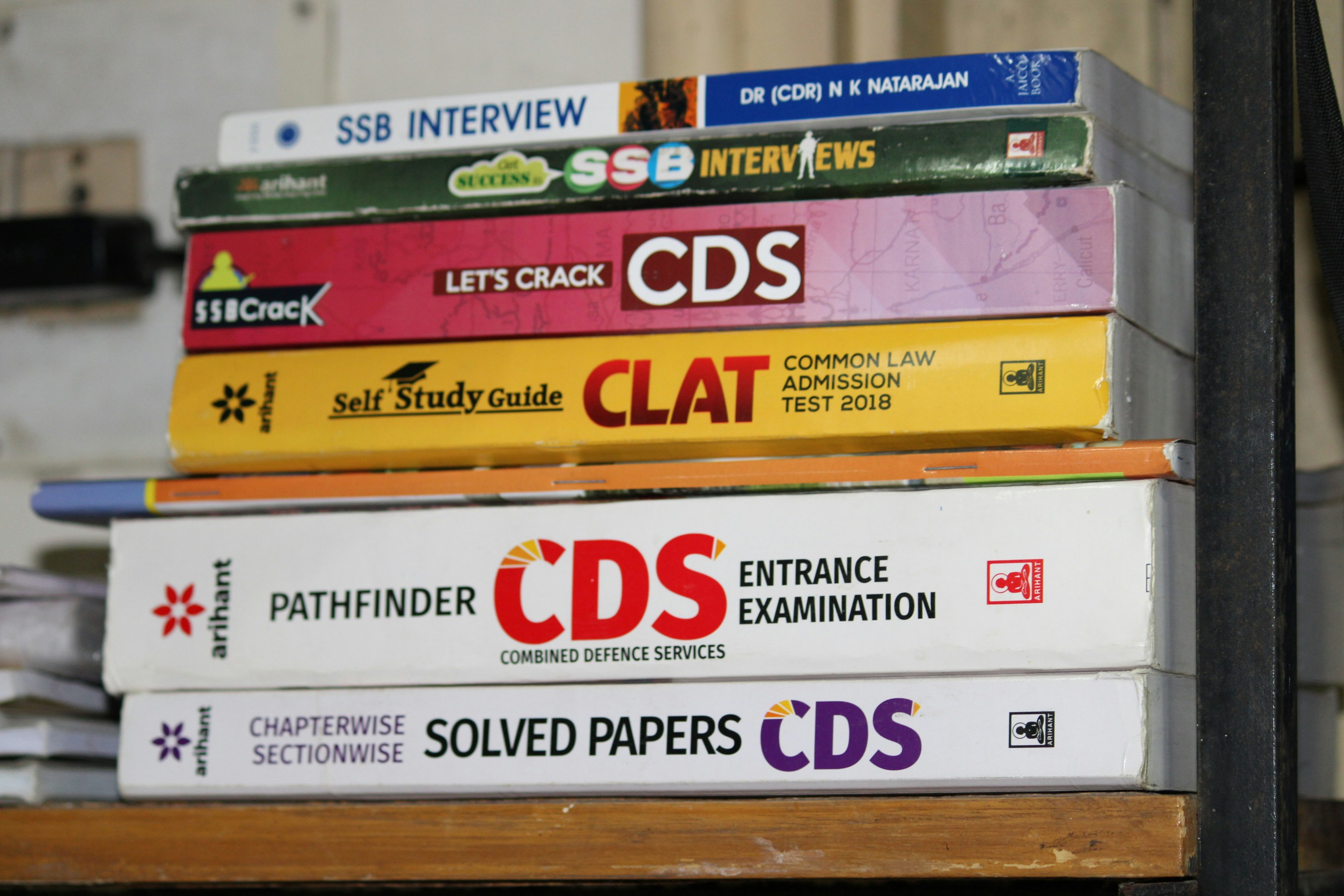Background on NEET and Previous Scams
The National Eligibility cum Entrance Test (NEET) is a pivotal examination in India that plays a crucial role in determining candidates’ eligibility for admission to various undergraduate medical programs. Introduced in 2013, NEET has become the primary gateway for aspiring medical students, consolidating various medical entrance examinations under one umbrella. With the increasing number of candidates each year, the importance of maintaining a transparent and fair examination process cannot be overstated. The integrity of NEET is vital not only for the candidates who invest significant time and resources into their preparation but also for upholding the standards of medical education in the country.
Despite its importance, NEET has faced scrutiny due to multiple instances of scams and irregularities that have emerged since its inception. One of the most notable scandals occurred during the 2016 examination cycle, where widespread allegations of cheating and impersonation were reported. Reports surfaced about organized groups facilitating cheating, which undermined the credibility of the assessment process. In subsequent examinations, various malpractices, such as the use of technology to obtain answers in real-time or the existence of leakages in the examination materials, have raised further concerns regarding the integrity of NEET.
These incidents have not only adversely impacted candidates who work diligently to secure their seats in medical colleges but have also marred the reputation of the examination authorities. The implications of such scams extend beyond individual candidates, raising questions about the robustness of the security measures and regulations in place for NEET. With the upcoming NEET 2025 on the horizon, apprehensions surrounding the possibility of another scam are prevalent. The examination’s historical context, marked by these serious lapses in integrity, has set a decisive landscape for ongoing discussions about potential vulnerabilities in the current admission process.
Understanding the NEET 2025 Registration and Admit Card Process
The National Eligibility cum Entrance Test (NEET) is a pivotal examination for aspiring medical students in India. The registration process for NEET 2025 is a meticulously structured procedure designed to facilitate the entry of candidates into this crucial assessment. The first step in securing a place in the NEET examination involves candidates visiting the official website, where they must fill in necessary personal and academic details. This process usually commences a few months prior to the examination date, allowing ample time for candidates to prepare their paperwork and meet the eligibility criteria.
Once the registration form is completed, candidates are required to pay the prescribed application fee. This step is crucial as it confirms their registration for the test. Following this, candidates will receive a confirmation of their application, ensuring that their data has been recorded correctly in the official system. This confirmation step is especially important as it serves as a checkpoint for any discrepancies that might need addressing before the final examination.
After the registration phase, the next significant milestone is the issuance of the city intimation slip. This document informs candidates about the examination city allocated to them and generally becomes available a few weeks before the NEET exam. The city intimation is essential as it helps students plan their travel logistics in a timely manner. Subsequently, the admit card will be released, which is perhaps the most critical document for the NEET aspirants. The admit card contains crucial details, including the examination date, timing, and venue, and must be presented on the exam day for admission to the testing center.
Candidates are advised to keep track of updates on the official NEET website to ensure they do not miss any important notifications regarding the registration process, city intimation, and admit card availability.
Analysis of NEET City Intimation Slip and Ensuring Authenticity
The NEET (National Eligibility cum Entrance Test) city intimation slip is a critical document for candidates preparing to take the examination. This slip serves as evidence that candidates have successfully registered and provides essential details such as the reporting city, examination center, and date of the test. As such, ensuring its authenticity is paramount in avoiding any disruption on the day of the examination.
Given the high stakes associated with NEET, there is a growing concern regarding potential scams targeting unsuspecting candidates. Fraudsters may create counterfeit city intimation slips or impersonate official sources to mislead candidates into providing personal information or making unauthorized payments. Therefore, it is vital for candidates to approach this document with a discerning eye and verify its source. Authenticity checks can include examining the official website of the National Testing Agency (NTA), where candidates can download their slips directly. Any discrepancies or inconsistencies should raise immediate caution.
Furthermore, candidates should be aware of the communication methods used by the NTA. Official notifications regarding the NEET city intimation slip will typically be disseminated through established channels, such as the NTA website, social media accounts, or verified email addresses. Candidates should avoid relying on third-party sources for information regarding their city intimation slips, as these could potentially be sources of misinformation.
The NTA has taken several measures to enhance the authenticity of the NEET city intimation slip, including the introduction of unique identification numbers and watermarks on the document. These features are designed to deter fraudulent reproductions and assure candidates of the legitimacy of their information. By adhering to these verification processes and remaining vigilant against potential scams, candidates can safeguard their examination experience and focus on their preparation for success in the NEET 2025.
Preventive Measures and Future Expectations
As the NEET 2025 examination approaches, both candidates and authorities must take proactive steps to minimize the risk of scams that have plagued past events. One crucial strategy for candidates involves staying updated through official communication channels. The National Testing Agency (NTA) will disseminate vital information regarding the exam, including city intimations and admit card issuance, via its official website and verified social media pages. Candidates should ensure they regularly check these platforms to receive authentic updates and avoid reliance on unofficial sources that may spread misinformation.
Technology plays an integral role in enhancing the security and transparency of the NEET process. The NTA is actively exploring advanced authentication methods, such as biometric verification and secure online platforms for registration and communication. By leveraging cutting-edge innovations—such as blockchains that can keep a transparent record of all transactions associated with the examination process—the integrity of the NEET can be strengthened considerably. We anticipate that the adoption of these technologies in 2025 could lead to a more streamlined and secure experience for all stakeholders involved.
Furthermore, the NTA is committed to improving its systems to ensure that candidates can trust the examination framework. This includes rigorous monitoring of exam centers and training for invigilators to recognize and prevent fraudulent activities. Additionally, the integration of machine learning algorithms could help identify patterns indicative of potential scams, facilitating preemptive action. Candidates, too, should prepare for the 2025 landscape by becoming informed about potential challenges, such as changes in exam formats or new eligibility criteria, which might arise as the regulatory environment evolves. Engaging in mock tests and familiarizing themselves with updated processes will be essential for all participants.


